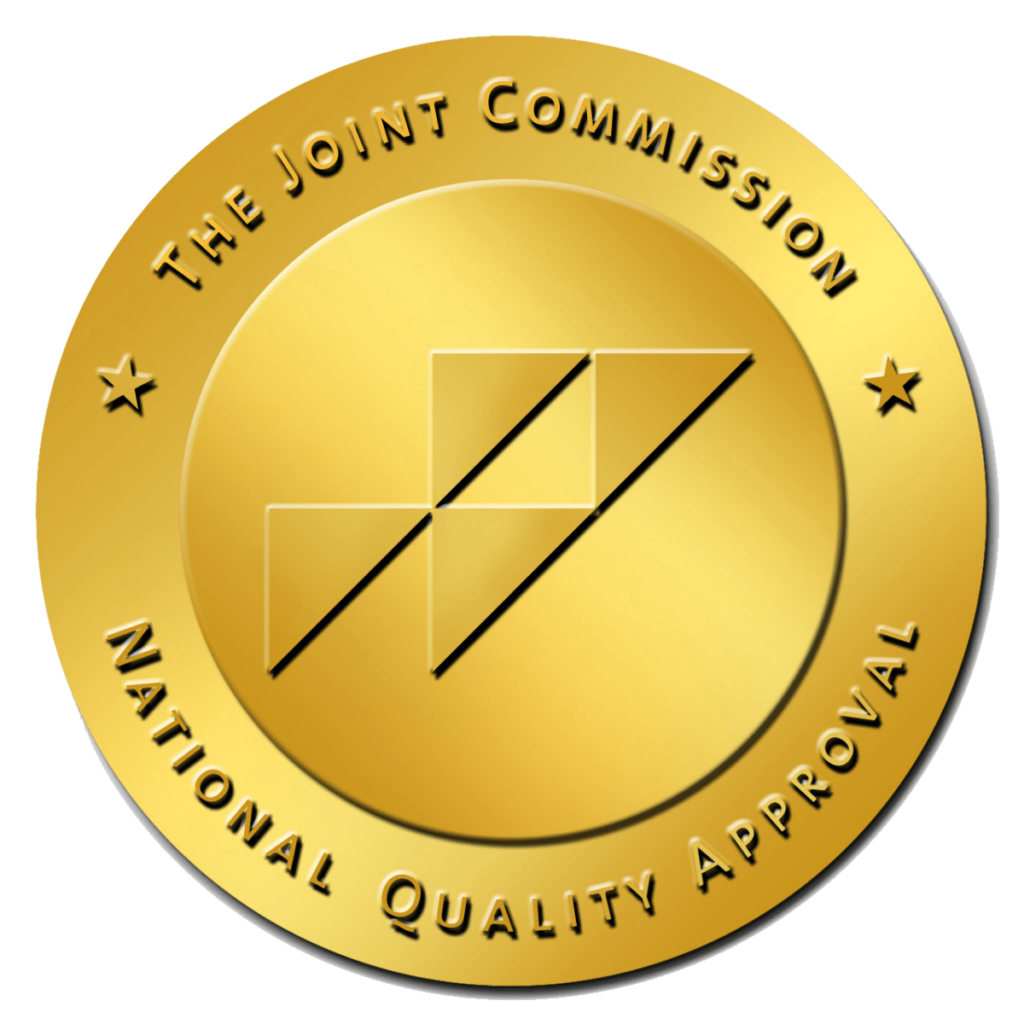Choose Facility
Bullying is a serious issue that is not just a problem for kids. It can impact all members of the community, especially those who are bullied.
Bullying can lead to serious mental health problems for people of all ages, but it negatively impacts kids and teens. That’s why we’re focusing on this topic here.
We know bullying happens at school, at home, on social media, and anywhere else people gather together. But what exactly happens? And why does it matter? Read on to learn more about the effects of bullying on mental health.
What is Bullying?
Bullying is a form of abuse that occurs when someone intentionally and repeatedly causes harm to another person. Bullying can happen anywhere, including:
- School
- Work
- Home
- Online
Bullying can happen over a long time or only once. Bullies may be strangers or people you know well. They might be:
- A classmate or teacher at school
- Someone from your neighborhood
- Coworkers at your job
- Family members like parents
- Siblings or grandparents
- Friends
- Romantic partners
What are the Forms of Bullying?
There are many different forms of bullying, including:
1. Physical Bullying
Physical bullying includes hitting, kicking, and pinching another person; sometimes, these attacks are premeditated and planned out, but other times they are spontaneous. Physical bullying can also include stealing belongings from others or destroying property that belongs to someone else.
Being physically bullied can be very frightening, and the effects can last long after the incident. It may have a negative impact on your self-esteem, causing you to feel unsafe and vulnerable.
2. Verbal Bullying
Verbal bullying includes name-calling, teasing, and threatening behavior toward another person. Verbal bullying can be carried out in person or online via text messages or social media posts. Sometimes a bully will use threats of physical violence to get his way — this is known as “psychological terrorism” and is often used by those who want to seem intimidating even though they lack the courage actually to carry out their threats of violence.
Verbal abuse can be just as damaging as physical abuse. The effects of being verbally bullied can include depression, low self-esteem, and even post-traumatic stress disorder (PTSD). Bullying is a form of emotional abuse that can leave its victims feeling worthless, powerless, and hopeless. It may also cause psychological trauma, such as depression and anxiety.
3. Cyberbullying
Cyberbullying is a form of bullying that occurs over digital devices, such as mobile phones and computers. It can also include any form of online harassment or discrimination. Cyberbullying can be carried out by strangers or by someone known to the victim.
Cyberbullying has become more prevalent in recent years because of the rising popularity of social media sites such as Facebook and Twitter. Kids who use social media will often receive mean messages, comments, and pictures from other kids who may not even be friends with them.
The effects can be devastating: Victims often feel isolated and alone, leading to depression and suicidal thoughts or attempts.
Conclusion
In the end, whatever the form, bullying is a serious issue that affects everyone in the community. The effects of bullying on mental health can be devastating. It’s important to talk about bullying and what you can do if you or someone you know experiences it. It must be stopped, and we can all play a part in doing so.
If you ever need help or support from mental health services in Fresno, CA, contact Ascend Behavioral Health today. We offer a safe place to talk about your problems, and we can help you find the best treatment options for your needs.

All Rights Reserved © by Sierra Meadows Behavioral Health | Website Sitemap | Privacy Policy | Billing Policy
Certified by the State Department of Health Care Services. Certification Number: 100008AP. Expiration Date: 12/31/2025

